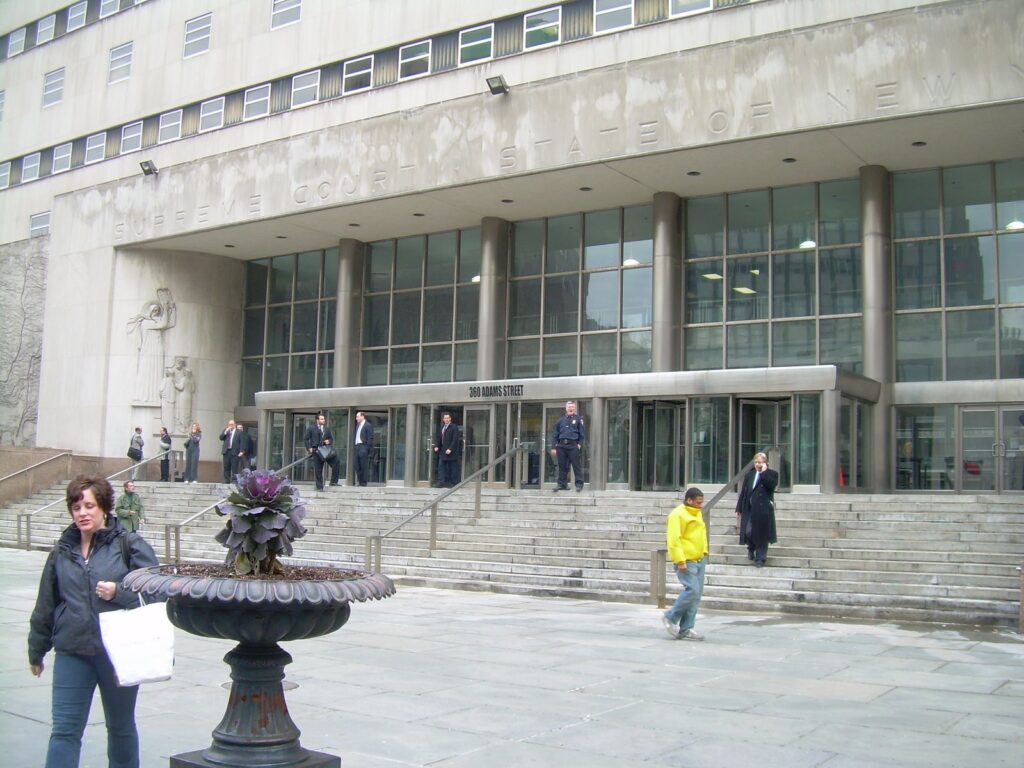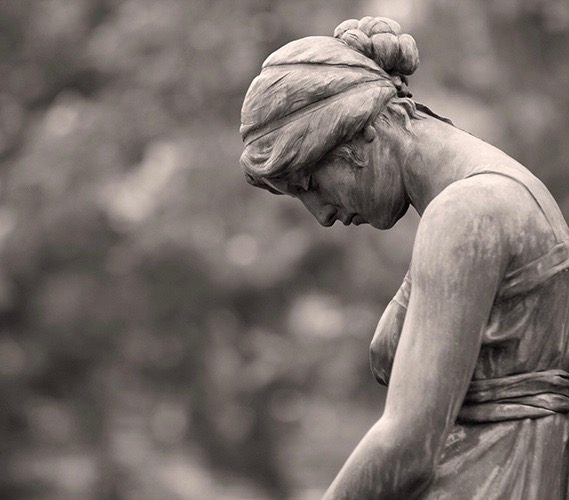Reading the article from Jamie Reed was shocking: I Thought I Was Saving Trans Kids. Now I’m Blowing the Whistle.
This was someone that worked as a case manager for a gender transition clinic dealing with adolescents for four years — and no one works in such an environment by accident as is clear by her intro — and finally felt the need to rip off the band aid for this particular clinic. It isn’t pretty and I urge you to read it. This is The Washington University Transgender Center at St. Louis Children’s Hospital, so by superficial appearances not a fly-by-night operation.
Now before I go into a couple of the specifics that leaped off the page at me, I stress that this blog is not about the pros/cons of transgender treatments, and most certainly not about culture wars. It isn’t what I do here, as should be clear from the blog’s title for the past 17 years.
It’s about the doctors who were doing the treating.
The clinic, Reed writes, wasn’t always as large as it is now:
Until 2015 or so, a very small number of these boys comprised the population of pediatric gender dysphoria cases. Then, across the Western world, there began to be a dramatic increase in a new population: Teenage girls, many with no previous history of gender distress, suddenly declared they were transgender and demanded immediate treatment with testosterone.
Given the amount of press that transgender issues have contributed to, it likely isn’t a surprise that more kids are consulting with them. They went from 10 calls a month to 50, and from predominantly boys to predominantly girls.
Many of these kids, as Reed writes, were not suffering from gender dysphoria as an isolated issue, but had other comorbidities:
The girls who came to us had many comorbidities: depression, anxiety, ADHD, eating disorders, obesity. Many were diagnosed with autism, or had autism-like symptoms. A report last year on a British pediatric transgender center found that about one-third of the patients referred there were on the autism spectrum.
Frequently, our patients declared they had disorders that no one believed they had. We had patients who said they had Tourette syndrome (but they didn’t); that they had tic disorders (but they didn’t); that they had multiple personalities (but they didn’t).
Now I think anyone reading the article to this point — assuming its accuracy — would probably agree that these children should probably have a pretty darn good psychiatric/psychologic evaluation before undergoing treatments that could be irreversible. So what kind of therapy/evaluation was required?
To begin transitioning, the girls needed a letter of support from a therapist—usually one we recommended—who they had to see only once or twice for the green light. To make it more efficient for the therapists, we offered them a template for how to write a letter in support of transition. The next stop was a single visit to the endocrinologist for a testosterone prescription.
That’s all it took.
Once or twice. That was it. For a girl that may have serious other comorbidities to take testosterone that may make her sterile?
People make mistakes in life as adults, never mind as children. There is, for example, a 50% divorce rate for people who swore they would be happy forever, and people who join cults. And the history of humanity is replete with people talking themselves into doing awful things to others, convinced they are doing the right thing. You will find this in almost any war or atrocity for example. The human brain can be quite malleable.
So in order to fulfill the doctors’ oath to “Do no harm,” you would think serious evaluations would be done for adults, and even more extensively for children.
And some serious education because, as Reed writes, many young patients (or their parents) are not well-educated on the subject. It’s hard to give an informed consent without being properly informed.
What are the odds that a jury would find that such minimal evaluation — if that is all that took place — would constitute a departure from customary and usual practice? High. Very, very high.
But — and I know this is tough to believe — it actually gets worse. Some of these kids were psychiatric referrals. And no matter the condition, the treatment was the same — gender transition:
Besides teenage girls, another new group was referred to us: young people from the inpatient psychiatric unit, or the emergency department, of St. Louis Children’s Hospital. The mental health of these kids was deeply concerning—there were diagnoses like schizophrenia, PTSD, bipolar disorder, and more. Often they were already on a fistful of pharmaceuticals.
This was tragic, but unsurprising given the profound trauma some had been through. Yet no matter how much suffering or pain a child had endured, or how little treatment and love they had received, our doctors viewed gender transition—even with all the expense and hardship it entailed—as the solution.
Another thing that will come as no surprise is that many of those that began gender transition changed their mind. This is hardly shocking given the tender years of the patients, minimal evaluations and oft-times serious psychological problems.
You would think that the reasons for a change of mind would be really, really important. Gaining knowledge — from both successes and failures — is a critical piece of science so that fewer errors occur in the future. It’s how medicine marches forward.
But obtaining knowledge was discouraged by at least one of the doctors:
Because I was the main intake person, I had the broadest perspective on our existing and prospective patients. In 2019, a new group of people appeared on my radar: desisters and detransitioners. Desisters choose not to go through with a transition. Detransitioners are transgender people who decide to return to their birth gender.
The one colleague with whom I was able to share my concerns agreed with me that we should be tracking desistance and detransition. We thought the doctors would want to collect and understand this data in order to figure out what they had missed.
We were wrong. One doctor wondered aloud why he would spend time on someone who was no longer his patient.
While Reed’s piece is filled with a variety of horror stories about the young patients, this part really struck me as the worst, as there is a world of difference between anecdotes and data. Anyone can find an anecdote to “prove” any point, but the bigger picture of what data shows is the way that science (and good government) advances for the better. Here, the collection of data was discouraged.
So the same mistakes would be made over and over.
As noted by Reed in closing about the experimentation on youth:
Experiments are supposed to be carefully designed. Hypotheses are supposed to be tested ethically. The doctors I worked alongside at the Transgender Center said frequently about the treatment of our patients: “We are building the plane while we are flying it.” No one should be a passenger on that kind of aircraft.
A final note on my own bias in writing this. My dad practiced medical malpractice law for 40+ years. He led a malpractice department of 10 attorneys. I heard, as a kid at the dining room table, many an opening statement being practiced by my father. He saw all the screw-ups. I continue to see them now.
For reasons that should be obvious, he was opposed to aggressive medical treatments unless necessary. When I had my wisdom teeth pulled in the 70s, he said “no gas.” Dentists were not anesthesiologists and he had seen the problems. (I got valium and novocaine and can still hear the crunch of the last tooth coming out.)
Reed’s article reads like a throwback to an era of non-scientific and experimental surgical practices, from leaches, to cough syrup with morphine and alcohol, to cigarettes for asthma.
I’m not going to sit here and say a pediatric gender transition should never be done, as I have not studied the issue and read the science.
But I will say that, if the article is accurate, that is is being done in a wholly unscientific way, without proper evaluations, and that many kids will be hurt as a result. And that proceeding in such fashion would make a very strong case for medical malpractice if the kids change their mind and irreversible changes have occurred.
Updated 3/6/23: The St. Louis Post-Dispatch did an article on Reed’s piece, with some people calling into question her comments: Parents Push Back on Allegations Against St. Louis Transgender Center. ‘I’m baffled.’



